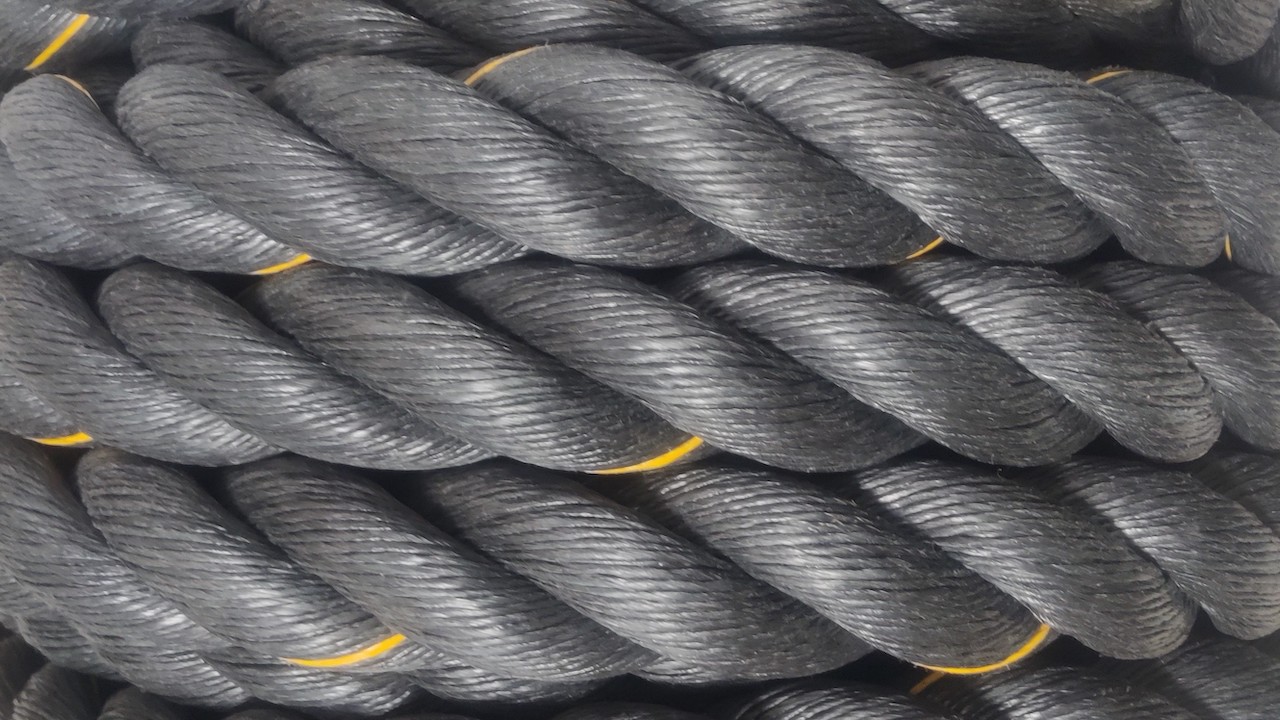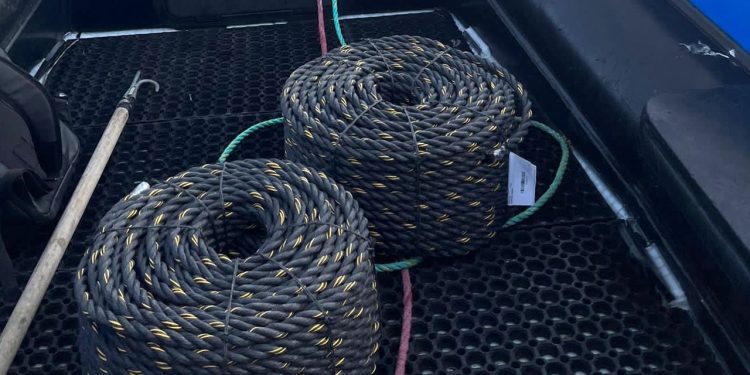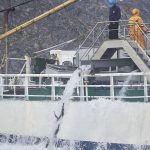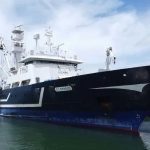As the use of recycled plastics become increasingly widespread, producers have been making efforts to overcome one of the main drawbacks – that the qualities of recycled plastic are not comparable to those of virgin plastic material. But one producer is testing products that are claimed to have broken this quality barrier.
‘Recycled plastics are often inferior in terms of mechanical properties due to the polymer degradation which happens at different stages of processing and during usage,’ explained Kishor Darda, of the international business team at Garware Technical Fibres Limited (GTFL).
‘As a result, most of recycled plastics are used in non-critical applications, such as containers, bags, trays, moulded items that don’t require high strength.’

Plastic has become a ubiquitous material that has undeniably transformed our lives, according to his colleague Kanwal Malik.
‘This convenience comes at the significant cost of plastic pollution, and in the face of escalating environmental concerns related to use of plastics, one of the significant strides in this direction is the widespread adoption of recycled plastics,’ he said, commenting that aquaculture and shipping are major users of synthetic ropes – and customers frequently increasingly request recycled synthetic ropes for use in all applications.
‘This includes critical applications, as these fishing and aquaculture companies are increasingly being assessed on their sustainability, and that includes recycling,’ he said.
‘We are seeing the demand for recycled ropes incraeaing by the day, particularly from Europe. Aquaculture producers in particular use large volumes of ropes for a wide range of applications, and today all of the major salmon farmers are looking for ways to reduce their environmental footprint and increase sustainability.’
An intensive programme of testing and research by GTFL’s R&D division has resulted ropes that meet the demand for the required mechanical properties, while also being made 100% from Post-Industrial Recycled (PIR) waste.
GTFL’s Renew ropes are the result of a detailed research project that examined the challenges in raising the mechanical properties of products made from recycled materials and matching these against rope made with virgin material.
‘We looked at breaking strength, abrasion, fatigue properties, and more,’ said Neeraj Shrivastava of the company’s R&D team.
‘Numerous trials were conducted and Renew ropes made from 100% recycled waste achieved all the same mechanical properties as virgin ropes. Today these ropes are already being tried in the aquaculture industry, and the initial feedback is highly positive.’
A further benefit of using PIR waste material is a 50% reduction in CO2 emissions associated with production, compared to using virgin material.
In response to customer concerns, the team at GTFL is also working on developing products using a combination of post-industrial and post-consumer waste, aiming to achieve precisely the same properties as virgin plastic material.
Neeraj Shrivastava commented that the company has sufficient recycled volume available to meet current demand.
‘We expect this to increase, alongside the predicted growth in demand for recycled products,’ he said.









